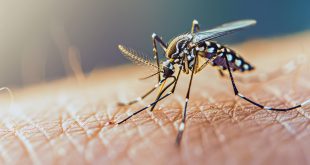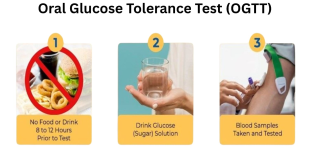Hypertension is the leading cause of mortality in the world and if you look into the national statistics, it is much of a growing concern in our nation too. Let us explore a few things about hypertension, a non-communicable disease that is affecting most of our elderly population.
Hypertension, commonly known as high blood pressure, is a chronic medical condition that is elevated levels of blood pressure in the arteries that circulate blood throughout the body.
Understanding hypertension
Hypertension refers to the chronic condition characterized by elevated arterial pressure, typically measured in millimeters of mercury (mmHg). The measurements encompass two values: the upper value being the systolic pressure (heart contraction) and the lower value referring to the diastolic pressure (heart relaxation).
A reading of 140/90 mmHg or higher signifies hypertension. Several risk factors contribute to its development, including age, obesity, unhealthy diet, lack of physical activity, excessive salt intake, smoking, and family history.
Uncontrolled hypertension can lead to severe consequences like heart disease, stroke, kidney damage, vision impairment, and an overall decline in the quality and length of life.
Can relaxation techniques help lower blood pressure?
Easing hypertension quickly in involves immediate relaxation techniques. Find a quiet spot, sit or lie down comfortably, and focus on deep, slow breathing. Inhale deeply for a count of four, hold for four, and exhale for four. Repeat for three cycles.
Concurrently, apply acupressure by pressing the point between your eyebrows gently for 30 seconds. Then, massage your temples in a circular motion for 30 seconds each. Lastly, stand and perform light stretches, including arm circles and neck rolls.
This brief practice can help lower blood pressure temporarily by promoting relaxation and reducing stress. If you keep experiencing high blood pressure it is about time you get professional help.
Does lifestyle modification control the hypertension?
Lifestyle modifications are key to easing hypertension. A balanced diet, rich in whole foods, fruits, veggies, and lean proteins, while reducing sodium, processed foods, and high fat, is crucial.
Regular exercise, including aerobic activities and strength training, helps manage blood pressure. Stress management through mindfulness, meditation, and deep breathing is vital.
Adequate sleep, focusing on good sleep hygiene and a consistent sleep schedule, significantly impacts hypertension control, underlining the importance of a holistic approach to better health.
What is the holistic approach to ease hypertension?
Holistic approaches offer effective hypertension management. Acupuncture and acupressure target specific points to alleviate tension and regulate blood pressure. Yoga, through postures, breathing exercises, and meditation, induces relaxation, reduces stress, and positively impacts blood pressure.
Biofeedback techniques empower individuals to monitor and control physiological responses, aiding in stress reduction and blood pressure management.
These holistic methods not only contribute to immediate relaxation but also cultivate a long-term strategy for maintaining optimal blood pressure levels, emphasizing the significance of holistic well-being in hypertension management. Again while holistic approach can ease hypertension to some extent, it would be a mistake to stop taking your medications just because you have started the holistic approach.
Conclusion
If you are hypertensive your medications play a huge role, but at the same time it is important to understand that balanced diet, regular exercise, and stress-reducing practices can significantly ease hypertension. Embracing holistic approaches like acupuncture, yoga, and biofeedback complements conventional strategies, promoting a comprehensive approach to blood pressure management.
Prioritizing lifestyle modifications and holistic well-being lays a foundation for a healthier, balanced life while managing hypertension effectively.
 Medicosnext
Medicosnext



